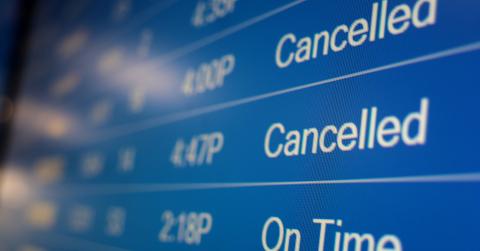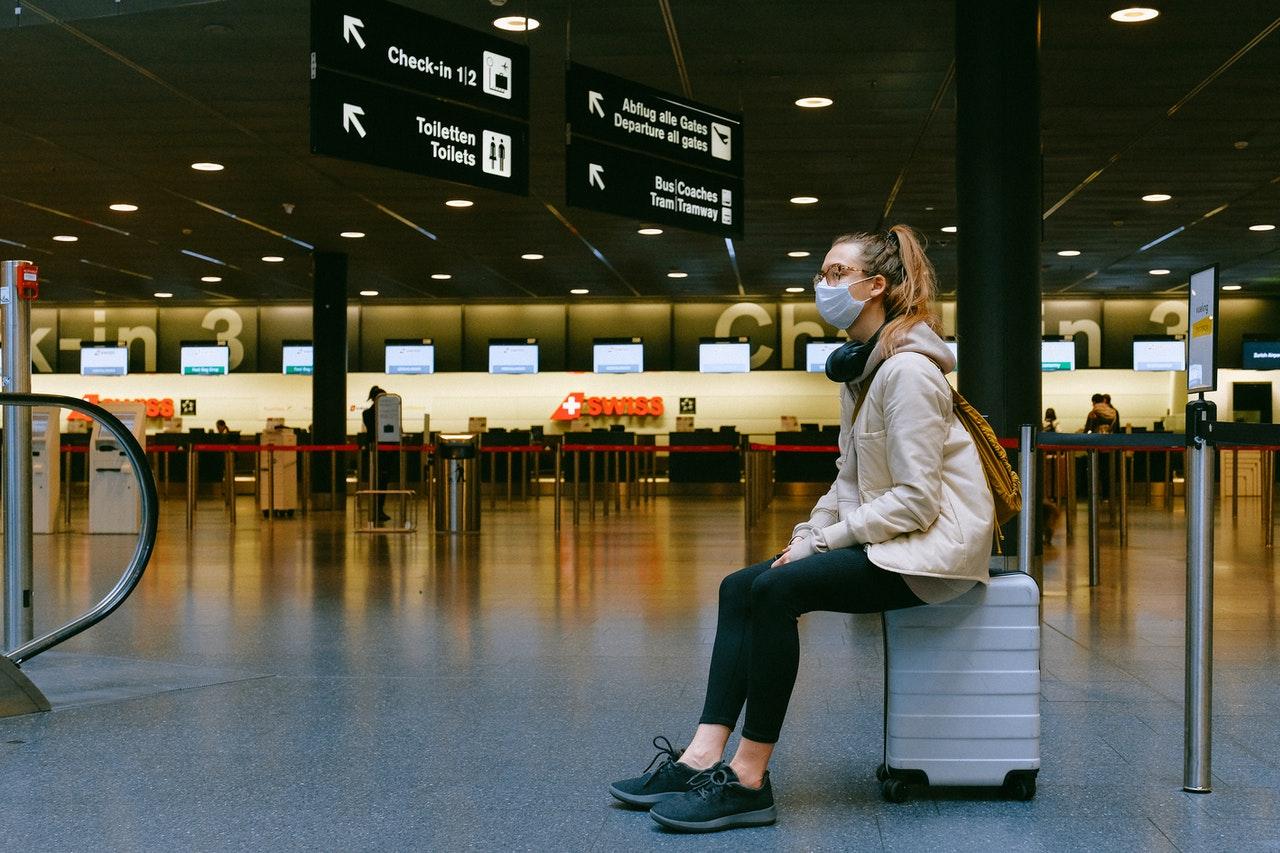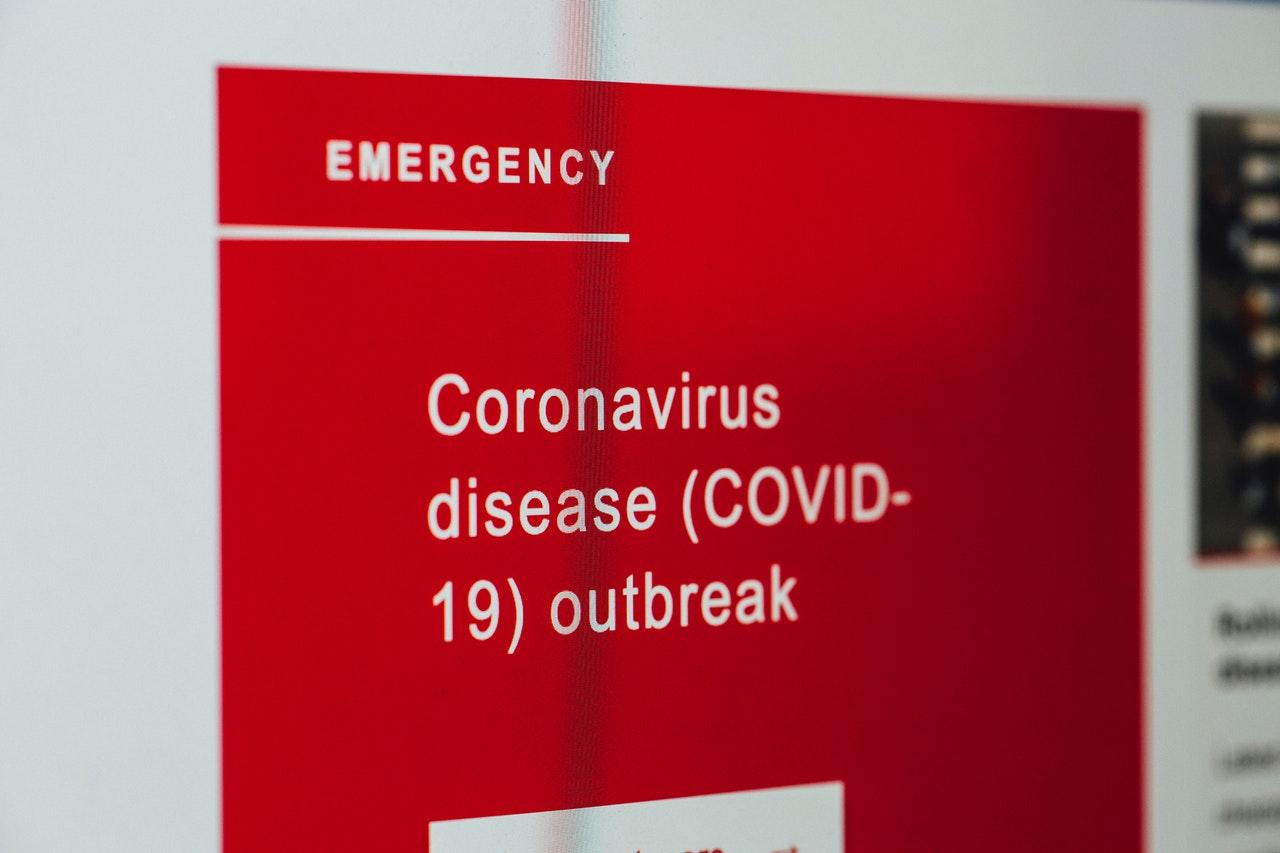Why Are Airlines Canceling Flights and When Will Travel Improve?
Airlines across the country experienced their worst weekends of the summer. Why are airlines canceling flights and when will things get better?
Aug. 8 2022, Updated 4:06 p.m. ET
After having a weekend full of delays and cancelations, airports and airlines have dealt with a massive buildup of passengers looking for alternative flight options. Thousands of flights have been canceled and delayed across the U.S. and the numbers keep rising. Why are airlines canceling flights and when will travel improve?
While there have been legitimate reasons for many of these flights to be canceled or delayed, lawmakers and government transportation officials have started to share the same feeling as passengers. Theyhave become frustrated with the schedule changes. There have even been discussions about possibly implementing regulations that enforce fines and other types of penalties for airlines rearranging so many flight plans.
Nearly 2,000 flights were canceled Monday.
According to FlightAware, over 17,920 delays occurred on Aug. 8, along with nearly 2,000 cancellations. Chicago O'Hare International leads the country in delays and cancellations. The airport is a common midpoint for people to transfer to connecting flights.
Air traffic has somewhat bounced back amid the COVID-19 pandemic.
Compared to the height of the COVID-19 pandemic, TSA (U.S. Transportation Security Administration) screened 2.19 million passengers on December 23, 2021. Air traffic stayed moderately sustainable until the spring and summer seasons began to approach in 2022.
Why are airlines canceling flights?
Many travelers are wondering why airline companies are canceling so many flights. Some of the top reasons airlines are changing up their schedules include:
- An increase in air traffic amid the summer season
- Weather-related incidents
- Self-inflicted disruptions
The self-inflicted disruptions have reportedly been one of the leading factors for delays this year. Many airlines implement delays or cancellations to help prevent further ones, but this year, they've only created increasingly more problems. This has led to discussions of lawmakers making airline companies have better compensation for these occurrences or face fines.
While the air traffic has bounced back, and on some days it even exceeded the pre-pandemic levels, airline companies are struggling to deploy workers to meet the soaring demand. While there has been a labor shortage situation in the U.S., the spread of the omicron variant of the COVID-19 virus in late 2021 made some pilots and other airline employees fearful to come back to their jobs. While COVID-19 cases have decreased, there's a new threat that could potentially have a huge impact on airlines — monkeypox.
An entire British Airways crew was held in quarantine in June, after one of the crew members tested positive for Monkeypox, according to Independent. The crew was held in quarantine for at least 21 days. The company has opened up discussion on how future flights around the world will handle positive test results for future crew members.
When will travel and flights get better?
Airlines traffic is expected to calm down during the fall season, but you can expect congestion to pick back up during the winter holiday season. The International Air Transport Association (IATA), which is the world's largest airline trade association, expects the airline industry to return to pre-pandemic levels in 2023 at the earliest.



